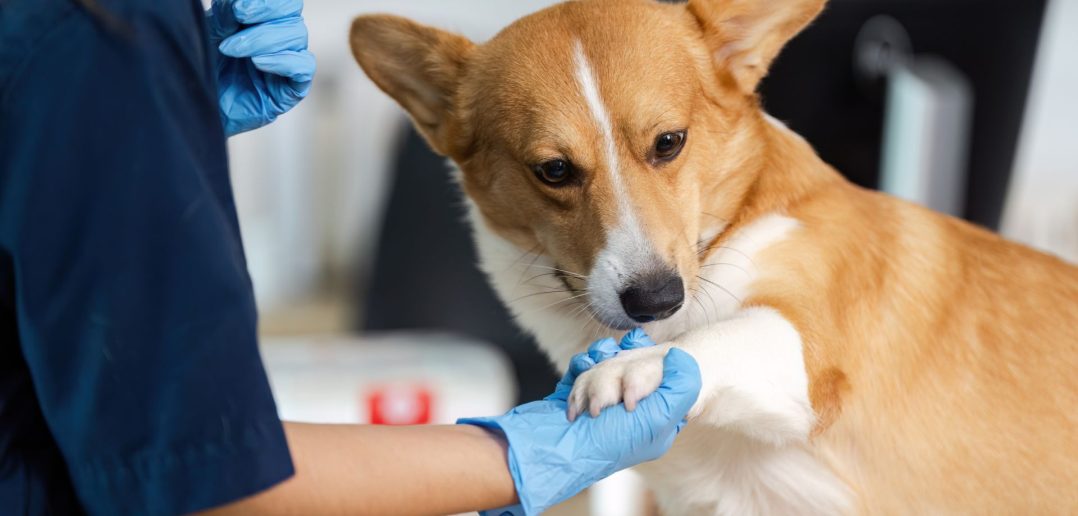by Ron Swerdfiger
The word hepatitis refers to an inflammation of the liver. First reported in 1947, Canine Infectious Hepatitis (CIH), is a caused by canine adenovirus. Almost every dog will come in contact with the virus at least once in their life time. The virus may pass through the dog, causing little to no adverse effects, or the virus may be so severe, the dog will die within hours of initial symptoms.. CIH effects the liver, lymphoid system and blood vessel walls.
How Can Canine Infectious Hepatitis Spread?
Most often CIH is spread through direct contact with the virus usually through urine, feces or saliva. Though direct contact with an infected dog is the most common transmission of CIH, bites from mosquitoes, fleas, and tics are also know to transmit the virus. The incubation period of the virus is only a few weeks, however, CIH can be passed through the urine up to one year after infection.
What Are The Symptoms Of Canine Infectious Hepatitis?
Depending on the severity of the infection symptoms can include these minor and severe symptoms.
Minor symptoms:
- loss of appetite
- pale feces
- fever
- nasal and eye discharge
- coughing
- temporary corneal opacity, blue eye
Severe Symptoms:
- abdominal pain,
- vomiting, diarrhea,
- edema (subcutaneous fluid swelling) of the head and neck
- jaundice
Are All Dog At Risk To Canine Infectious Hepatitis?
Yes. Most adult dogs with healthy immune systems can produce antibodies that can fight the virus. However CIH can remain in the dogs system up to one year after infection. Since the CiH is an infectious virus, a known infected dog should be properly treated and quarantined.
What Is The Treatment For Canine Infectious Hepatitis?
At this time, there is no cure for the actual virus which causes CIH. Treatment mainly consists of controlling spread and severity of secondary ailments such as, vomiting, diarrhea and fluid discharge. In most cases the virus runs its course in a couple days. In severe cases treatment will involve antibiotics and liver treatment.
Is There Any Way To Prevent Canine Infectious Hepatitis?
Have your dog vaccinated!!! Pups should be vaccinated at 6 weeks of age, and re-vaccinated every 3-4 weeks until 16 months old. Adult dogs should be vaccinated every year. Like most contagious viruses, prevention is often the only viable solution. Due to mass vaccination of domesticated dogs, CIH has decreased dramatically in North America, and therefor has become less of a hazard.




